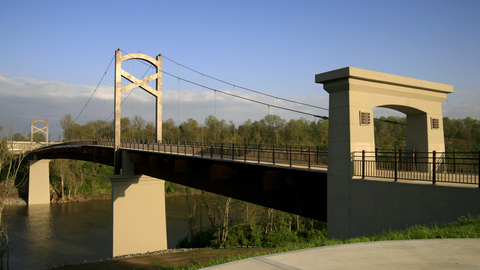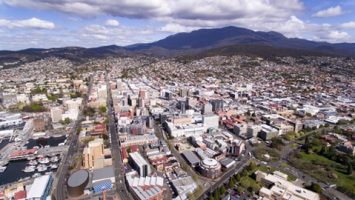
Spin – a dockless electric scooter-sharing company based in San Francisco – has provided six nonprofits with access to a street data toolkit so that they can contribute solutions to city infrastructure and safety changes.
The chosen nonprofits for the Mobility Data for Safer Streets (MDSS) initiative are:
- BikeWalkNC – which plans to use MDSS tools to enhance their Vision Zero and Complete Streets goals. BikeWalkNC will collect data and use it to evaluate the best way to improve streets for all modes of transportation;
- Sustain Charlotte – who will focus on making the case for funding a road diet on a dangerous street. They will collect and visualize data to create a compelling story for how this street can be made safer for multi-modal use;
- Bike Cleveland – which plans to evaluate the feasibility of a road diet in downtown Cleveland. They also plan to make the case for funding a 2.1 mile cycle track;
- Walk Bike Nashville – who will produce a study that supports its advocacy campaign that urges local government to continue building out the next phase of Nashville’s Priority Bikeway Network;
- Bike Utah & Bike Walk Provo – who are interested in improving first and last mile active transportation (AT) facilities around Provo’s Frontrunner Station (Public Train Service); and,
- Walk Denver – where The City and County of Denver’s “Community Network” program will build out 100+ miles of new bicycle facilities in three Denver neighborhoods over the next two years.
The nonprofits will receive access to data platforms from StreetLight Data, Populus, Strava Metro SaaS and Gehl Institute’s Public Space Public Life digital surveys. They will also receive access to a toolkit for one year which includes a bike-pedestrian counter, a speed gun to track vehicle speeds, and a time-lapse camera to track streetscape changes over time.
Researchers at the University of California, Davis (UC-Davis) will perform an independent evaluation of the program at its conclusion to gather insights on what was useful and what could be improved.


